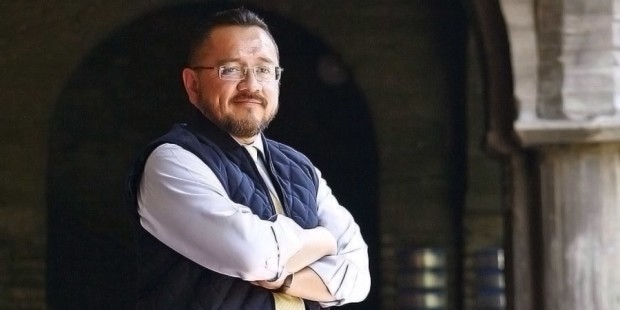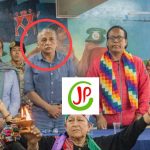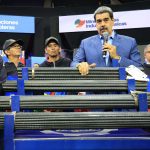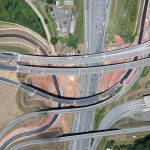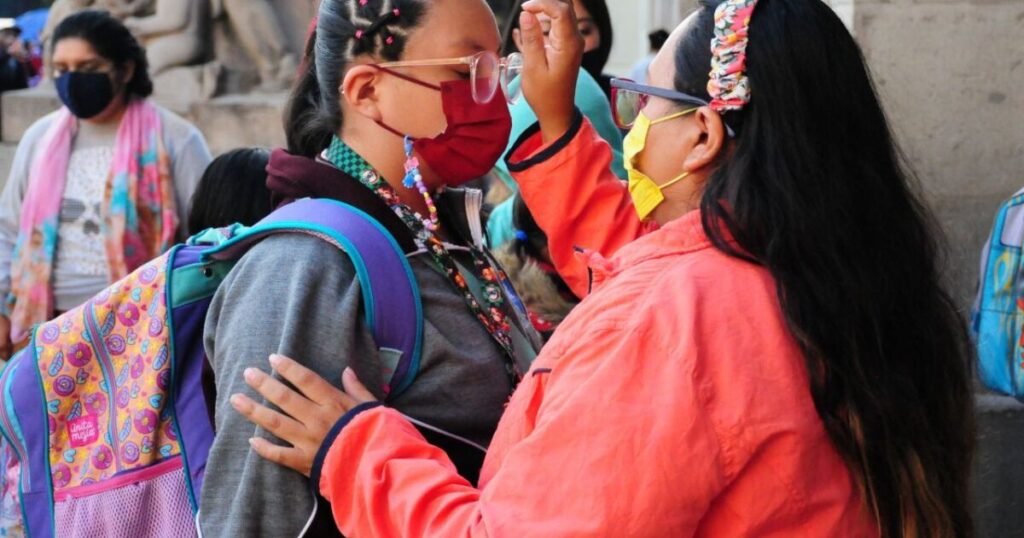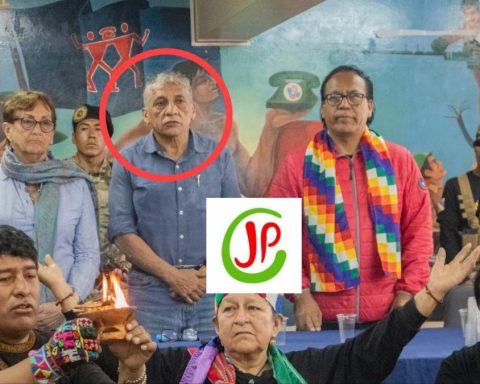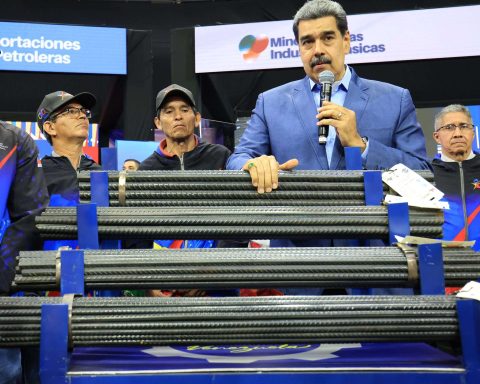The secretary of the Pontifical Commission for Latin America, Rodrigo Guerra, assured in the Spanish Catholic press that “the entire country is experiencing a difficult situation” under the dictatorship of Daniel Ortega and Rosario Murillo, which has caused a “decomposition” of society.
“Both Catholics and the rest of the population in Nicaragua live in a difficult situation of restricted freedoms and mistrust of the government sector. The situation of the Catholic Church is framed in a more generalized process of decomposition that has led to various media critical of the Government or of religious inspiration being closed down and many of the opposition leaders being imprisoned,” Guerra said in an interview with the newspaper of the Association of Catholic Propagandists of Spain.
Related news: Effective Holy See Diplomacy Not Advancing ‘At Twitter Speed’, Says Vatican Official
Guerra assured that the tensions between the Church and the Ortega regime began in 2007, with the return of Daniel Ortega to power; but it was not until 2018 that he began an escalation of attacks against the Christian faith.
“In 2018, the Church defended those who peacefully protested against a reform of the social security law. This was ideologically interpreted as complicity with the opposition. Subsequently, the government leadership would publicly accuse various priests of terrorism and coup plotting. More recently, in July 2018, the Divina Misericordia temple in Managua was attacked. Later, Bishop Silvio Báez left the country in 2019. In July 2020, an ancient Christ was set on fire in the Managua cathedral. And in 2022 we have the expulsion of the Nuncio Sommertag and the Missionaries of Charity, founded by Mother Teresa of Calcutta”, detailed the Holy See official.
Guerra once again criticized the opposition political and journalistic sectors inside and outside Nicaragua that have criticized the supposed “silence” of Pope Francis in the face of the situation in Nicaragua and expressed that the Pope is not afraid of being criticized “if this does not make it easier not to put to the people at risk.
“Pope Francis, through his words, has shown us last Sunday the enormous concern he has for the Nicaraguan people. His ‘silence’ for several days is not an omission in any way. In such a delicate situation, it is necessary to understand that not everything is achieved with declarations, but rather by creating conditions to recover the possibility of sincere dialogue and pacification (…) Pope Francis is not afraid of being criticized if this makes it easier not to put the people at risk. He is the first to be convinced that even the impossible must be done to safeguard the lives of real people,” stressed the theologian of Mexican origin.
The Vatican official stressed that many of the steps taken by the Church to protect its members are not done “under the spotlight of the big media” and that the work of the Pope should stop being seen as that done by “one more politician”. since he is the pastor of the universal Church.
“Much of the work of the Church is done quietly and not under the spotlight of the big media. The Pope’s mission is eminently evangelical and, therefore, should not be interpreted in conventional political terms (…) The speed to rebuild broken bridges is not what Twitter marks but rather the one that is slowly built with patience (…) With this conviction , the Church will continue radically announcing her desire for encounter and dialogue, always prioritizing peaceful means. The logic of the gospel is not confrontation but the joyous announcement of the comprehensive freedom that Jesus Christ has come to bring, beyond any ideology. The eventual release of Bishop Álvarez will have to be considered in this broad context”, pointed out the also member of the Board of Directors of the Academy of Catholic Leaders.
The temptation to “manipulate” the Christian faith
According to Rodrigo Guerra, in the years of the Sandinista revolution (1979-1990), the Nicaraguan government “fell into the temptation” of wanting to manipulate the Christian faith of the Nicaraguan people.
“Since the triumph of Sandinismo in 1979, some radicalized sectors of the Church joined in supporting the new government. (…) However, Sandinismo fell into the temptation of manipulating religious sensibilities. This was particularly visible in the mass that Saint John Paul II presided over in Managua in 1983. In the midst of the liturgical celebration and with an altar with revolutionary images, some agitators launched slogans favorable to Sandinismo that visibly annoyed the Pope for being disrespectful of the saint. mass”, stressed Guerra.
